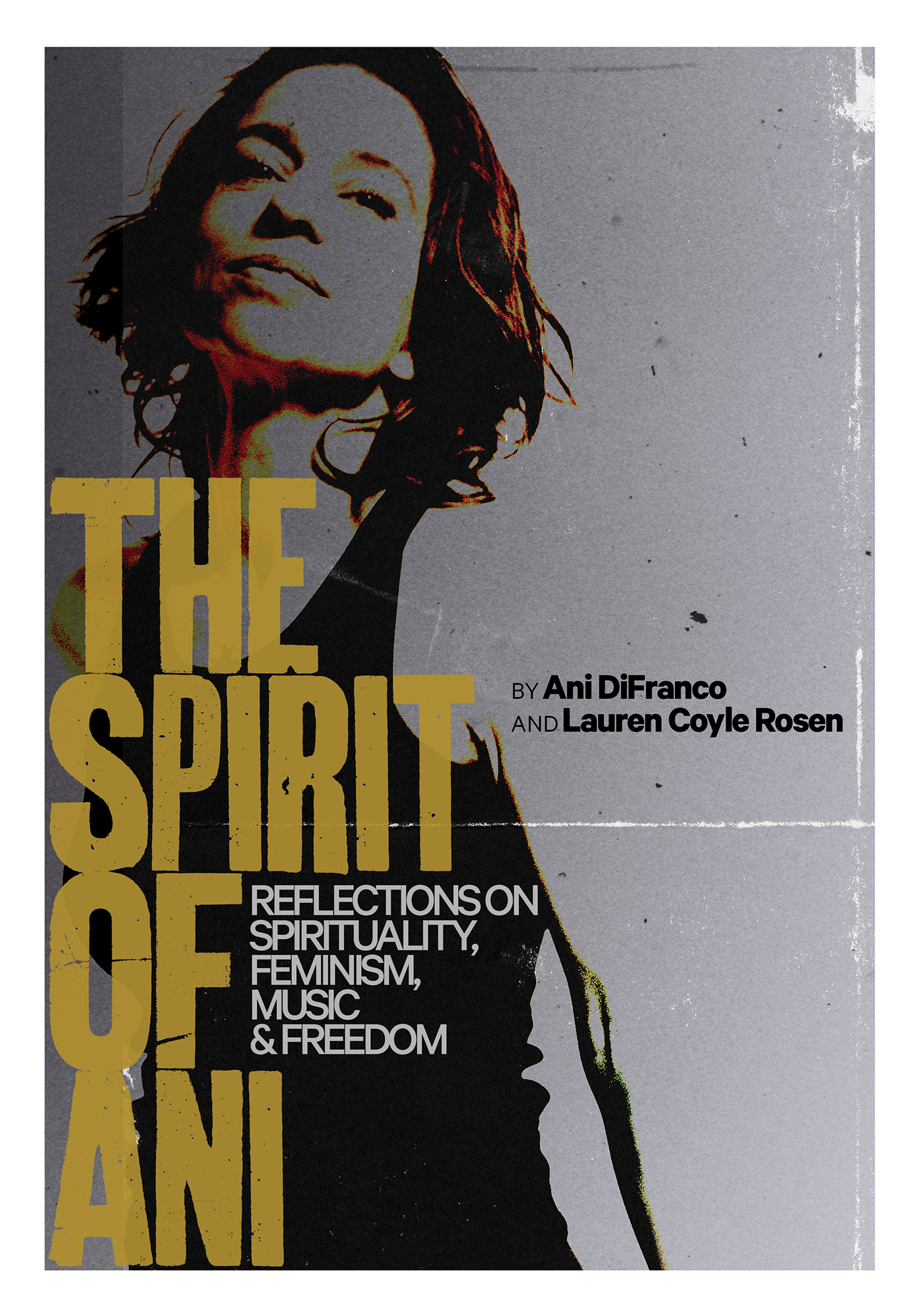About midway through his new album The Voice, the Chicago rapper Lil Durk takes a moment to discuss his civic responsibilities: "Can't be no donor on my ID, that's important/ Do so much drugs, I know it fucked up all my organs." This isn't a punchline, and it isn't a flex. Durk says it the same way he says just about everything: In a melancholy mutter-croon, an inward sigh. That's the tone he strikes again and again on The Voice -- the tone he's struck again and again throughout a career that's lasted a decade. Durk hasn't specifically been worrying about accidentally passing lean-marinated kidneys to emergency-room patients, but few rap stars have ever sounded as numb or detached as Durk.
And make no mistake: Durk is a star. As a teenager, Durk came up in the Chicago drill explosion in the early '00s, signing with Def Jam on the strength of his early mixtapes. Drill was a media feeding frenzy for a little while, and practically every big rapper from that scene got a deal, but most of them didn't last. Chief Keef went into exile in California. Keef has been a tremendous influence on the past decade of street-rap, but he hasn't always been a presence. King Louie and Lil Reese and a lot of others had short moments of visibility before returning to the underground. Durk never went away.
Early on, Durk stood out because his approach was more melodic -- a bleak, icy Chicago take on the kind of thing that Future was doing at the time. For years, Durk kept his visibility without ever quite blowing up. He moved beyond the drill of his early years and into the musically regionless melodic rap drift that's become so popular in recent years. Durk never switched up his narcotized Auto-Tune croon. Instead, rap moved toward Durk. These days, the cool thing in rap isn't to talk about how tough you are; it's to talk about how you take as many pills as possible, trying to escape your pain by leaving the planet behind. Durk has been doing that for years. He never stopped. (Durk has also been talking about how tough he is, but there's no contradiction there.)
In his own way, Durk was quietly influential. Young Chicago stars like Polo G and Calboy definitely learned a ton from Durk's damaged drill lullabies. Durk might've also helped inspire dejected sing-rappers like Lil Baby and the late Juice WRLD. Last May, Durk released Just Cuz Y'all Waited 2, which became his biggest record. After debuting at #2, Just Cuz Y'all Waited 2 went gold and lingered in the upper echelons of streaming-service charts for months. Durk was bigger than he'd ever been. In August, Drake basically made Durk's slow rise official, inviting Durk to guest on his bittersweet hit "Laugh Now, Cry Later." In the video, Drake and Durk posed for draft-day photos and raced jet skis around the Nike corporate campus. After all those years, Durk was having a moment.
But fucked up things also happened in Durk's life. In 2018, Durk signed his childhood friend King Von to his OTF label. Von was a bracing, vivid, exciting rap storyteller, and his ceiling seemed limitless. But Von never fully left behind the street life, and neither did Durk. In 2019, Durk and Von were both arrested in Atlanta, charged with robbing and shooting someone. Then, in November of 2020, Von was killed in a shootout outside an Atlanta nightclub, just as his career was taking off. Durk released his album The Voice just before Christmas, a month and a half after Von's death. The cover art is a photo of Durk and Von together. It's not a happy album.
Von's death hangs heavy over The Voice, but it probably wouldn't have been a happy album even if Von hadn't been shot. On the LP, Durk depicts himself as someone in thrall to his own demons and addictions, unable to wrench himself out of self-destruction even after making a ton of money. He spends much of the album in confessional mode, angry at himself and at everyone out there trying to test him or get things from him. On "Death Ain't Easy," for instance, Durk sounds like he's reminding himself, again and again, that he's fucking up: "I was fucking strippers, I was acting unprofessional/ Looking at my son and I tell him, 'I'ma better you'/ And that shit we doing, we get caught, we going federal." Those lines are all disconnected from one another -- stress and compulsion and vague hope, lined up in a grim laundry list.
Again and again, Durk paints a truly sad picture of his own fame on The Voice. He's on too many drugs to quit cold turkey, so he just has to cut down. He's got open cases, but he still keeps his gun on him because he feels like he needs it. Girls are constantly trying to get pregnant by him, and he's too horny to keep the condom on anyway. Pharma companies are flooding the block with opiates. His friends keep dying. It's a lot, even before you realize that one of the album's few guests is YNW Melly, the Florida rapper who's been in jail for nearly two years, awaiting trial on two murder charges.
I've been struggling with The Voice. For me, the album only really crackles with electricity on "Still Trappin" -- the song where the late King Von shows up, and where Durk really raps rather than doing his bluesy singsong thing. The rest of the time, Durk digs deep into minor-key melodies and overwhelming depression. He sounds flattened-out and detached. At its best, as on Polo G's first album, this kind of soul-crushed rap can be cathartic and consoling. Listening to The Voice, though, I mostly just wish Durk would get help.
And yet The Voice is on track to become huge. If Durk hadn't surprise-released it mid-week, the album might've debuted at #1. This week, The Voice actually moved up the charts, a rarity in the streaming age. It rose from #3 to #2, with only Taylor Swift's evermore holding it out of the top spot. Durk's recent videos all have millions of views. The album is poised to linger in the charts for a long time. The fact that so many people are listening to an album this bleak and depressing is a bit concerning -- one more indication that a whole lot of people are feeling really fucked-up these days.
Durk is also on one of the best new songs I've heard in 2021. The Memphis rapper Pooh Shiesty's "Back In Blood" is a grimy, bloodthirsty banger, and I can't stop playing it. Durk loves his singsong melodies, but he can really rap when he wants to, and that's what he does on "Back In Blood." On "Back In Blood," Durk isn't in mourning. Instead, he's nihilistically violent: "You can't come back to your hood, huh?/ He was dissing on my cousin, now his ass all in that wood, huh!"
It's unsettling to hear Durk in traumatized sleepwalk mode on The Voice. Even though I love the song, it's also a bit unsettling to hear Durk going full berserker on "Back In Blood." Lil Durk is a talented artist who'd been through a lot of shit in his life. I don't much like Durk's new album, but I'm rooting for him, and I'm glad he's doing well commercially. More importantly, though, I hope he's OK.
FURIOUS FIVE
1. Saweetie - "Best Friend" (Feat. Doja Cat)
This song is extremely fun. Nobody in rap is cranking out catchier singles than Saweetie right now. Meanwhile, Doja Cat clearly loves being as obnoxious as possible. But she's still a tremendously fresh presence, almost despite herself.
2. Key Glock - "Off The Porch"
Producer ChaseTheMoney has been making excellently crisp and minimal Valee tracks for years. "Off The Porch" shows his style works almost as well with good-natured Memphis shit-talk.
3. ForeverHood, Foogiano, & Calboy - "Make It Happen"
Calboy just moonwalks over this thing. It's beautiful.
4. ShittyBoyz BabyTron - "Joe Dumars"
Is anyone in rap having more fun than BabyTron? There are bars on here that are objectionable enough that I don't want to quote them, but the fucking things make me laugh anyway.
5. JR Writer - "This Is Not New" (Feat. Royce Da 5'9")
I'm slightly upset that JR Writer didn't rap over a Simple Minds sample during the peak Dipset era, but better late than never I guess.
IT WAS ALL GOOD JUST A WEEK AGO
https://twitter.com/russbengtson/status/1346889505442308098






